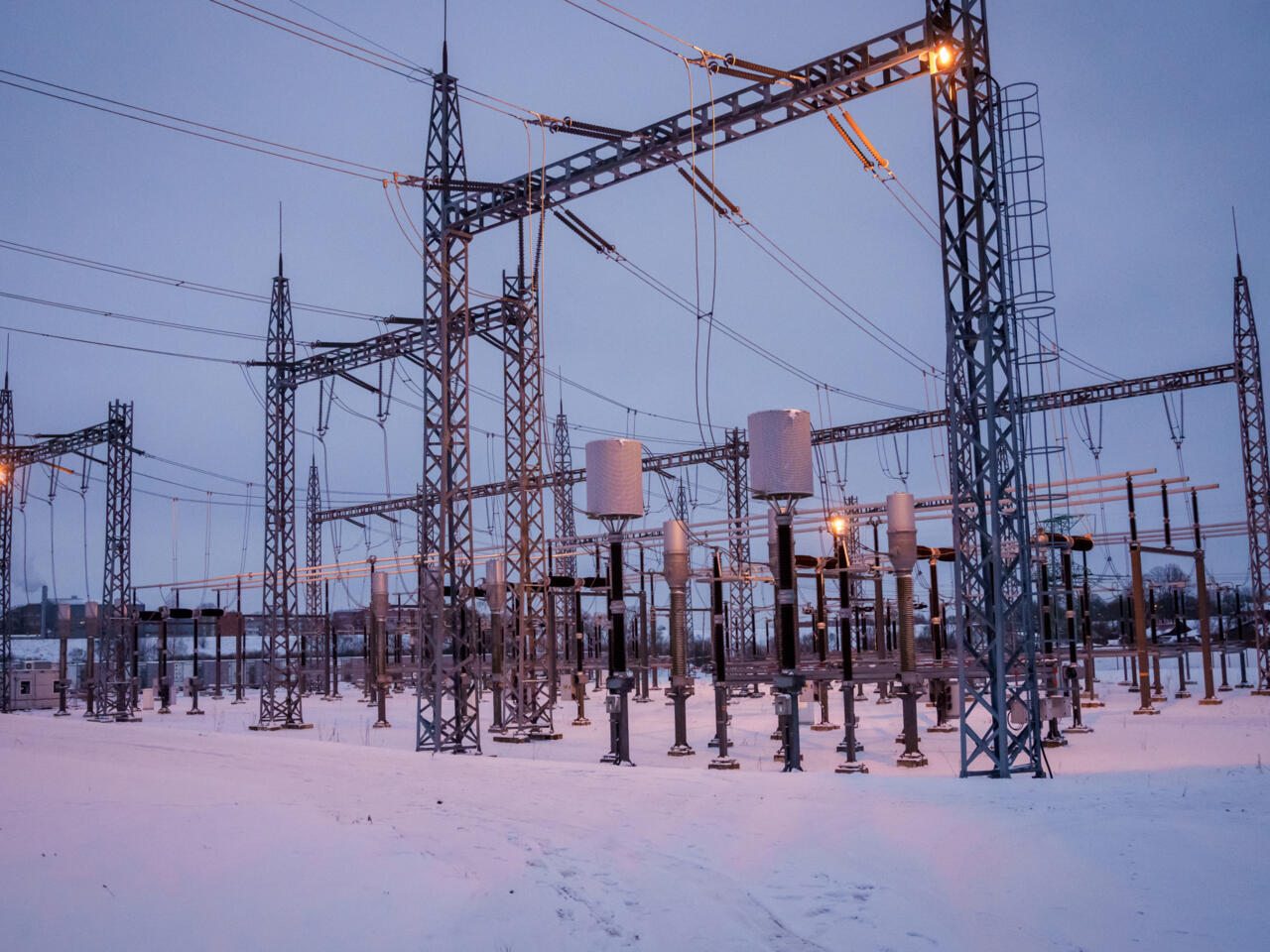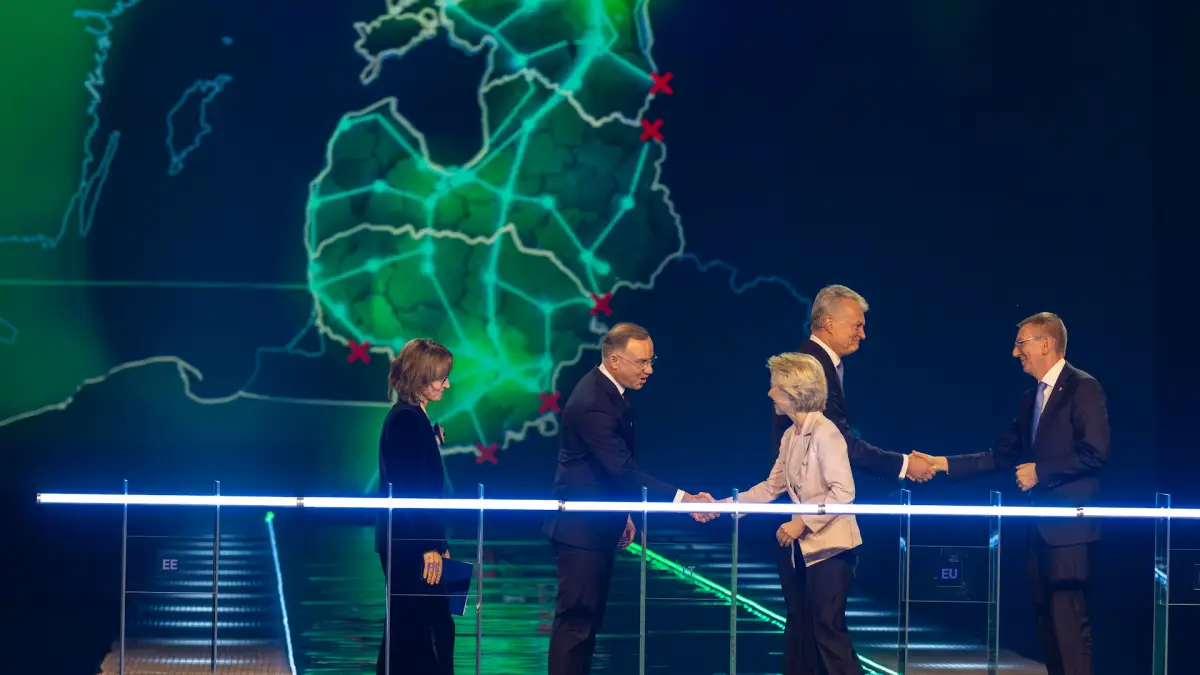Estonia, Latvia, and Lithuania announced on Sunday that they had successfully synchronized their electricity networks with the European continental power grid, marking a historic shift just one day after cutting decades-old energy ties with Russia and Belarus.
This transition, which had been in the works for many years, represents a strategic move to further integrate the three Baltic nations into the European Union while enhancing regional energy security. “We did it!” Latvian President Edgars Rinkēvičs declared.
On Saturday, the Baltic states disconnected from the IPS/UPS network, a Soviet-era power system established in the 1950s and now managed by Russia.
As part of the transition, high-voltage cross-border transmission lines in eastern Latvia—approximately 100 meters (328 feet) from the Russian border—were severed. To commemorate the event, segments of the chopped wiring were distributed as keepsakes to enthusiastic onlookers.
European Union foreign policy chief Kaja Kallas, who hails from Estonia, praised the move earlier this week, calling it “a victory for freedom and European unity.”
Tensions in the Baltic Sea region remain high following multiple disruptions to power cables, telecommunications links, and gas pipelines connecting the Baltics with Sweden and Finland.

Baltic Deal With EU Finalized
These incidents, widely believed to be caused by ships dragging anchors along the seabed after Russia’s invasion of Ukraine, have fueled security concerns. Moscow has denied any involvement.
In response, Poland and the Baltic states mobilized navy assets, elite police units, and helicopters after an undersea power connection between Finland and Estonia sustained damage in December.
Meanwhile, Lithuania’s military launched drills to safeguard its overland energy link with Poland.
Experts warn that further disruptions to infrastructure could drive electricity prices in the Baltic region to levels not seen since the early days of Russia’s invasion of Ukraine, when energy costs surged dramatically.
The IPS/UPS grid was the last remaining connection between the three Baltic nations and Russia. After regaining independence in the early 1990s following the Soviet Union’s collapse, Estonia, Latvia, and Lithuania formally joined both the European Union and NATO in 2004.
Although the three nations—strong supporters of Ukraine—halted electricity imports from Russia after Moscow’s 2022 invasion, they had continued to rely on the Russian grid to regulate frequency and maintain network stability to prevent power outages.











































